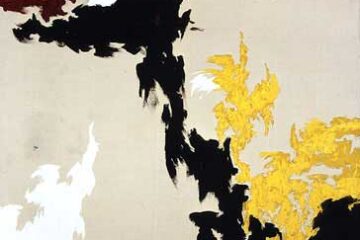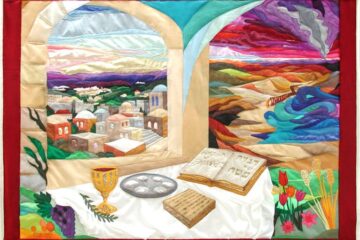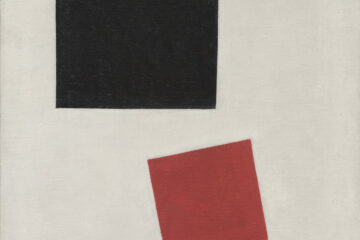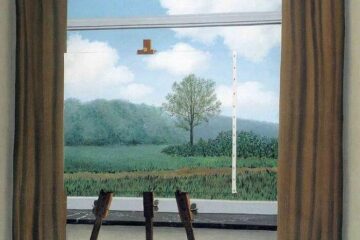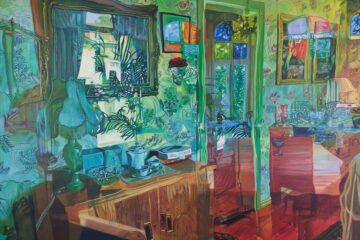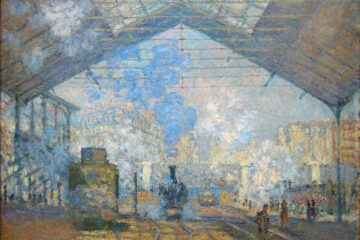To locate oneself in the story is to also discover that the story is inside oneself. And then one can begin to shape the narrative anew. View the study sheet here. Watch the recording here.
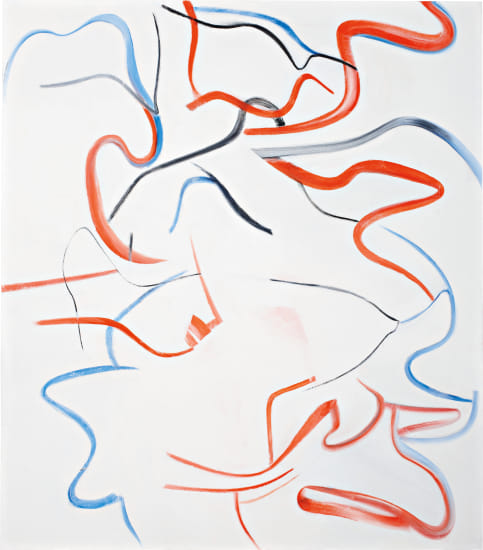
What do you think of when you hear someone described as a dreamer? Someone out of touch with reality? An escapist? Or perhaps someone designing a new future for themselves. Maybe a schemer, one who is devising plans for their own benefit at the expense of others. Or someone who is laughed at because they have set for themselves a goal which others see as far beyond that person’s capacity to achieve.
We’ve met some dreamers in Torah already in this year’s reading cycle. Abimelech. Jacob. Laban. Joseph. Pharaoh. Some experienced through their dreams anxiety about what they had done. Others were worried about losing control and power. In a dream state Jacob unexpectedly bumped into a reality that he initially sought to leverage to his personal advantage. Joseph’s early dreams were ego-centered. By the time he has descended into the realm Egypt, he has refined his dream skills into a means of saving a world from extinction.
This week’s Torah portion introduces us, by way of a midrash, to a new dreamer: the people of Israel. In this early rabbinic fanciful embellishment on the Torah text, the Jewish people survive the exile in Egypt by engaging in an act of reviving reverie: a withdrawing from the rigors of work into the dream state of Shabbat where they would play with scrolls that declared God’s love and promise for them.
This association of reverie and Shabbat, a suspension of our attempt to assert dominance and control over our world, was intuitively grasped by the 14th Dalai Lama as the key to Jewish survival of exile and dispersion. In a meeting with rabbis and Jewish scholars, he characterized Shabbat as “your people’s visualization exercise,” a cosmic drama of redemption we live through. Buddhist teaching posits as a foundational spiritual law the Law of Impermanence: Everything that arises falls away or is transformed into something else. This is a lesson that Pharaoh and all other despots never learned.
Psychotherapists see reverie, a relaxation of our conscious frameworks and assertions of control, as a pathway to opening ourselves up to unexplored possibilities, to new associations and greater empathy with others. Modern art embraced reverie as a portal to access and to draw into this world an encounter with the sublime. In Judaism creativity, innovation, more than obedience has been viewed as the point of contact with the Divine: “God is known and grasped to the degree that one opens the gates of imagination” (The Zohar).
Join us here at 7:00 p.m. (PST) Thursday December 30 as we explore reverie and redemption.


